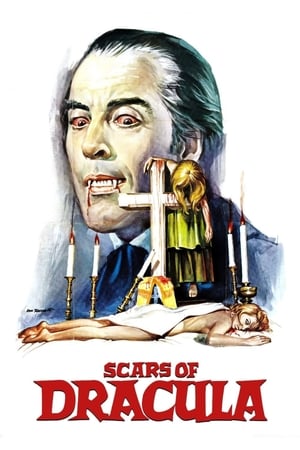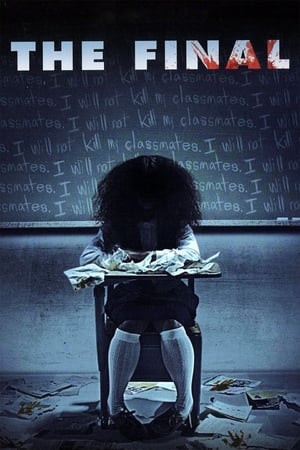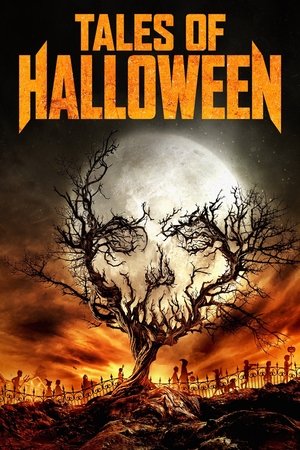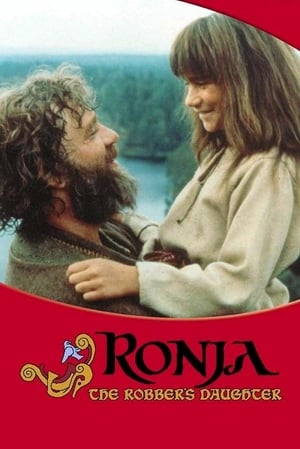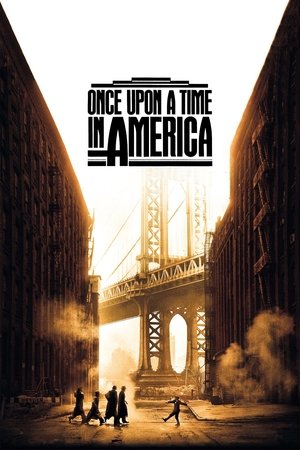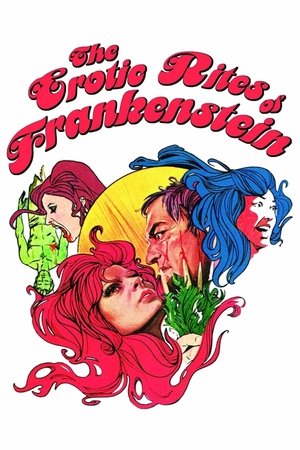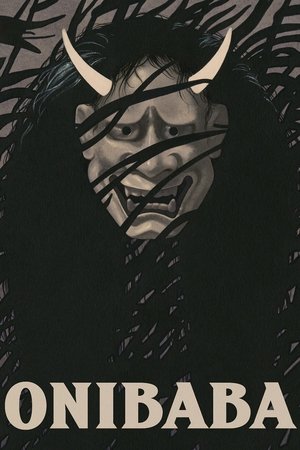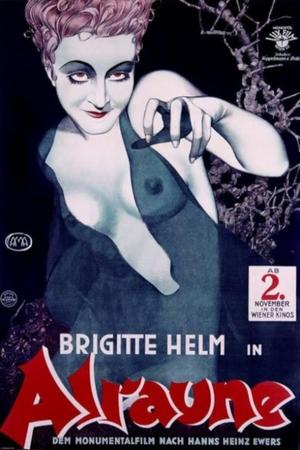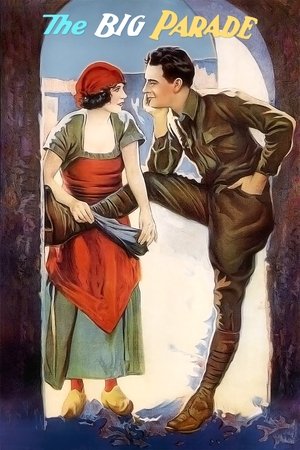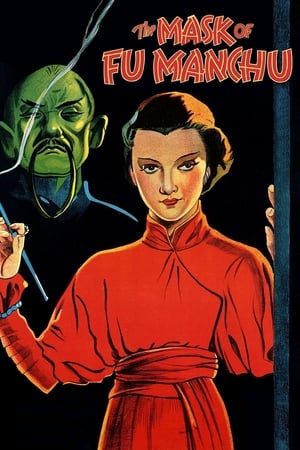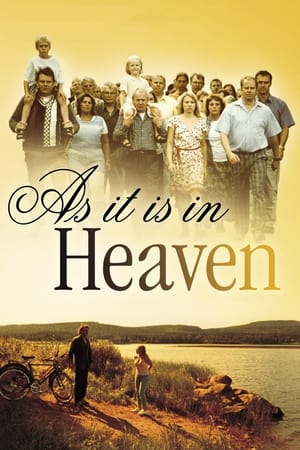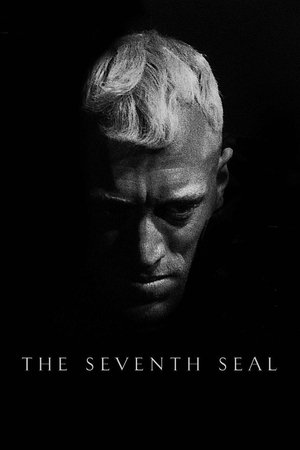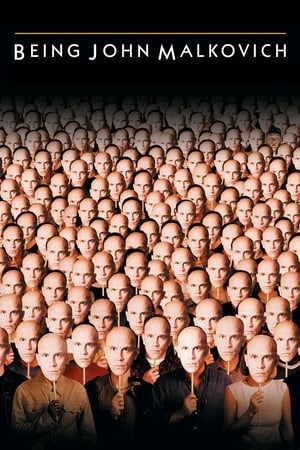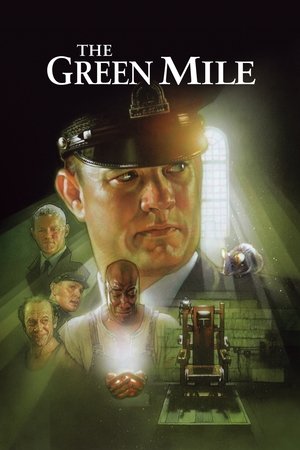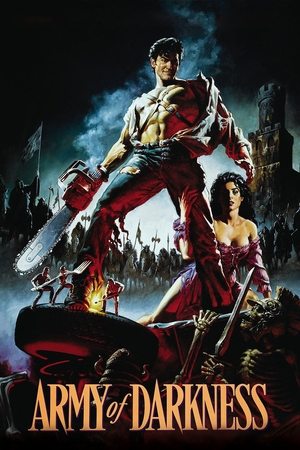Overview
As the plague decimates medieval Europe, rumours circulate of a village immune from the plague. There is talk of a necromancer who leads the village and is able to raise the dead. A fearsome knight joined by a cohort of soldiers and a young monk are charged by the church to investigate. Their journey is filled with danger, but it's upon entering the village that their true horror begins.
Reviews
***Do you REALLY have faith?***
There's been some controversy over 2010's "Black Death." The film has been interpreted in every which way by Christians, pagans, religionists, agnostics and atheists. Either its message is too deep or it's just ambiguous.
I believe I have it figured out and will share evidence at the end of this review.
THE PLOT: The year is 1348 and England is plagued by the Black Death. The Roman Church learns of a remote village that has eluded the plague and suspect sorcery. They send their knight Ulrich (Sean Bean) and a team of hardened soldiers to investigate. On the way they enlist a young monk to lead them to the village, Osmund (Eddie Redmayne), but he has ulterior motives in taking the assignment: He hopes to reunite with Averill, a girl who took sanctuary in the monastery but recently left due to the plague. The monk and the soldiers are all professing believers, but will their faith withstand the ultimate testing?
The film has high production values and was shot in NE Germany.
The story pulls you in before the first act is over. But it's the final act where the film's greatness really emerges. This part of "Black Death" took me by surprise and reveals that it's not really a film about the Black Death, at least not literally. The era of the bubonic plague is just a stage for a grueling exploration into personal belief in God, whether true faith or false.
Two important characters are introduced in the second half: Hob (Tim McInnerny) and the beautiful Langiva (Carice van Houten), the authorities of the village. Carice is exceptional.
A couple sequences show true cinematic excellence: A scene where Langiva leads Osmund out into the night marsh for an amazing revelation, and later when Osmund searches through the misty reeds while Langiva conveys the awful truth.
The lengthy water-pit sequence also stands out just for being so excruciating and is on par with the initial Russian roulette sequence in "The Deer Hunter" but with more meaning since the outcome in "Black Death" hinges on the victims' faith or lack of faith and the everlasting outcome. If Christianity is true, those who denounce their faith have nothing but eternal black death to look forward to.
"Black Death" runs 1 hour, 42 minutes, and is reminiscent of films like "Witchfinder General," "The Wicker Man," "The Last Valley," “Season of the Witch” and maybe "Ravenous." "Black Death" is as good or IMHO better.
GRADE: A
***SPOILER ALERT*** (Don't read further unless you've seen the film)
MY EXPLANATION:
Osmund was never a believer. He may have had some positive qualities but he simply wasn't a believer and the clues are there from the very beginning: For one, he was fornicating with his girlfriend and jumped on the first excuse to leave the monastery so he could see her again (using prayer and a "sign from God" as a cover – even a cover for his own delusion). In fact, Averill told him, "You've ALREADY betrayed God." Secondly, Dalywag points out that his purpose as a torturer was to sniff out lies and tells Osmund to his face that he's a lie. Speaking of Dalywag, despite his gruff exterior and occupation, he later proves his genuine faith as the first person to be crucified for it. Thirdly, Langiva (the red witch) said she looked into the eyes of each visitor when they arrived and saw that Osmund was the only one who wasn't out to harm them, meaning she pegged the others as believers, but not Osmund. Remember, the "eyes are the windows of the soul." Fourthly, although Osmund didn't vocalize his denouncement of God he readily got out of the water pit to view his girlfriend in the cottage. Fourthly, Osmund openly disagreed with Ulrich and the soldiers about Langiva and the villagers. Why? Because he was actually one of them, an unbeliever, whether he knew it or not. And lastly, the end plainly shows what became of Osmund: He became a lifeless and bitter false accuser who cruelly tortured and slew in the name of the church. Remember, Jesus said you can recognize false prophets by their fruits (Matthew 7:15-23).
Some object to Osmund being a fake believer on the grounds that he was a monk and lived in a monastery, not to mention he prayed. But these things don't make you a believer any more than being in a garage makes you a vehicle. True belief is a matter of the heart, not putting on airs of religiosity, like the Pharisees whom Jesus denounced as fakes.
The very first sign that Osmund wasn't a true believer was his seduction by Averill's beauty and his subsequent unrepentant spirit. At the end of the film when Hob is apprehended and caged he's asked why he follows the red witch and he replies, "Because she's beautiful." Hence, both Hob and Osmund were alike in that they renounced faith due to the seduction of beauty.
Although depicted as brutal witch-hunters, Ulrich and his team were RIGHT regarding their suspicions of the marsh village – the people HAD renounced God and witchcraft WAS being practiced, albeit in a partially charlatan form. Of course it's wrong to persecute people simply because they don't believe in God or adhere to pagan beliefs, but this was a different time and place, when the Roman Church was the state religion.
Although Swire proved to be a fake believer and is actually an obvious type of Judas, Ulrich, Wolfstan, Dalywag and the other surviving soldiers proved their genuine faith and escaped the "black death" of eternal death.
The idea that Osmund was the protagonist is a red herring. Ulrich and Wolfstan – gruff and flawed as they are – are the true protagonists of "Black Death." Besides his courageousness in the face of martyrdom, Ulrich cries out to the villagers in no uncertain terms, "Repent before it's too late – Repent!"

 102 min
102 min
 6.054
6.054
 2010
2010
 United Kingdom
United Kingdom
 Wuchak wrote:
Wuchak wrote:

